
41% Of LGBTQI Australians Considered Suicide In The Past Year

Two in five LGBTQI Australians had considered suicide in the past year, a new survey released on Friday revealed. The findings from Australia’s largest national survey of LGBTQI people showed that three years after the marriage equality vote, the community is still dealing with “concerning” levels of mental distress, discrimination, harassment and violence.
The Private Lives 3 National Report – the third edition of the study (previous surveys were conducted in 2005 and 2011), was conducted by researchers at the Australian Research Centre in Sex, Health and Society (ARCSHS) at La Trobe University and funded by the Victorian Government Department of Health and Human Services and the Department of Premier and Cabinet.
The survey was conducted last year, before the COVID-19 pandemic.
Between July 2019 and October 2019 around 6835 LGBTQI persons aged 18 and above were asked questions about their relationships, families, housing, and health. Around 28% identified as gay, 20.5% lesbians and around 21% identified as trans or non-binary. 2.7% of the participants identified as Aboriginal and/or Torres Strait Islander.
“We are concerned about the numbers of participants who reported experiencing thoughts about suicide and attempting suicide,” lead researcher Associate Professor Anthony Lyons told Star Observer.
The survey found that 60.5% of the participants had been diagnosed with depression at some point in their lives and 47.2% suffered from generalised anxiety disorder. Around 41.9% said they had considered attempting suicide and 74.8% reported that they had considered it at some point in their lives.
Around 5.2% said they had attempted suicide in the past 12 months. The numbers were higher in the trans community with 13.7% of trans men and 10.9% of trans women reporting having attempted suicide in the previous 12 months. The figures for other subgroups were; non-binary participants (6.8%), pansexual (7.8%), bisexual (6.0%), queer (5.1%), asexual (4.2%), lesbian (4.1%) and gay (3.3%). In the general population, 2.3% reported thoughts about suicide and 0.4% had attempted suicide (National Survey of Mental Health and Well Being 2007).
Some of the other findings in the report are:
- 54.4 % said they were in committed romantic relationships, with 48% saying they had been in the relationship for over five years.
- 22% had experienced homelessness. The numbers were higher for trans men (34.3%), trans women (31.9%) and non-binary persons (33.8%).
- Two in five LGBTQI reported intimate partner or family violence, but merely 28% had reported it to a relevant service.
- 77.7% of participants with a severe disability or long-term health condition said they were treated unfairly in the past 12 months.
- LGBTQI participants from multicultural backgrounds (31.7%) were more likely to report high levels of psychological distress when compared to those from an Anglo-Celtic background (26.7%)
- 73.5 % said marriage equality would have a positive impact in their lives.
“While some things have become better, there are still challenges, as found in this survey. A majority felt accepted in their workplaces and in their families. However, there are some really challenging experiences, particularly in relation to mental health and suicidality, as well as the experience of verbal abuse, harassment or threats of physical violence,” said Lyons.
A large number of participants felt accepted at work (60.7%), in the family (52.2%) and in educational settings (55.3%), but many LGBTQI persons continued to report discrimination, harassment and abuse.
Around 57% reported that they had been treated unfairly because of their sexual orientation and 77.5 % of trans and gender diverse participants said they had been treated unfairly in the past year because of their gender orientation. Two in five or around 39.5% reported experiencing social exclusion, 34.6% had faced verbal abuse, 23.6% had been spat at or shown offensive gestures, 11.8% sexual assault and 3.9% were physically attacked or assaulted with a weapon due to their sexual orientation or gender identity.
“LGBTQI people can experience the effects of stigma and discrimination in many different settings. For example, we found that less than half of participants felt accepted when accessing health or support services,” said Lyons.
“This report provides a great deal of information about different aspects of health and wellbeing. This is important in identifying some of the key challenges of today and to therefore assist health professionals, service providers, community organisations and governments to gain further understanding of the health and wellbeing of LGBTQI people in Australia.”
Community organisations have expressed concern at the findings of the survey and have called upon the Commonwealth government to step in to tackle the issue.
“Mental health in the LGBTQI community is in crisis, and the La Trobe research makes it clear action and investment in LGBTQI mental health and suicide prevention is sorely needed,” Darryl O’Donnell, CEO, Australian Federation of AIDS Organisations (AFAO) said in a statement.
“Existing approaches aren’t working and LGBTQI communities are paying the price. There are many factors contributing to poorer mental health and suicide risk in LGBTQI communities, including disadvantage, stigma, barriers to mainstream health services and a critical lack of LGBTQI mental health services. The LGBTQI community needs to know suicide is preventable and recovery from mental health crisis is possible. Support exists, but the problem is overwhelming the limited LGBTQI services available and more investment is urgently needed.”
AFAO has called for public investment in LGBTQI health organisations so that they can provide culturally safe and professional counselling services, quick access to early intervention without referral, peer support and training mainstream providers to make their services inclusive and safe for LGBTQI communities.
If you feel distressed reading the story, you can reach out to support services.
For 24 hour crisis support and suicide prevention call Lifeline on 13 11 14
For Australia-wide LGBTQI peer support call QLife on 1800 184 527 or webchat.
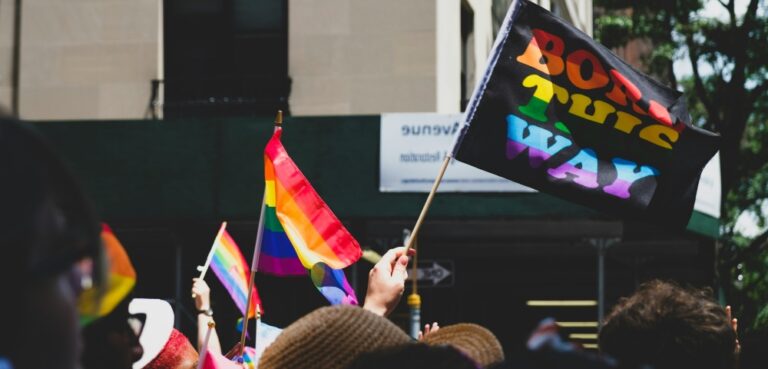
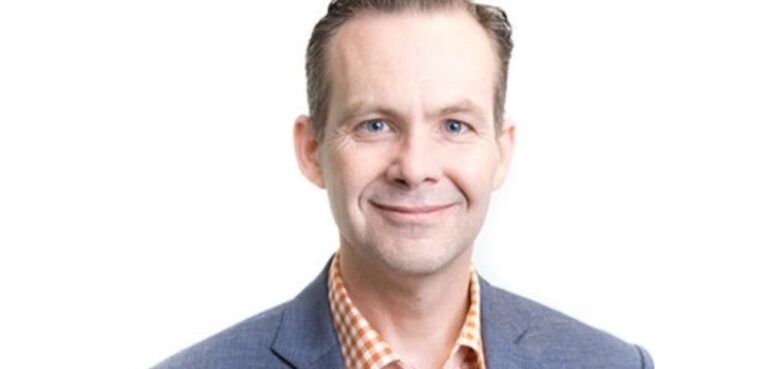

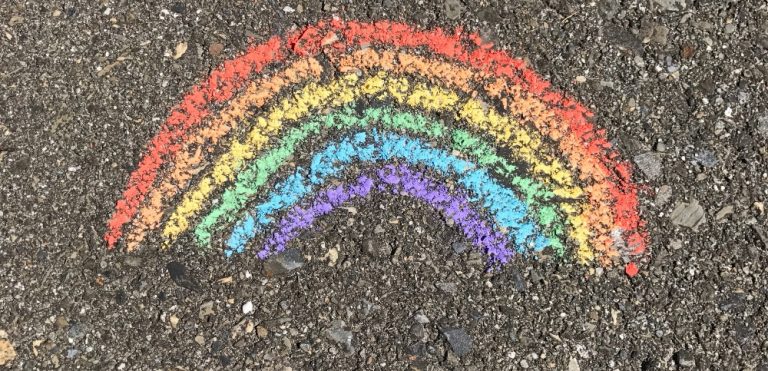
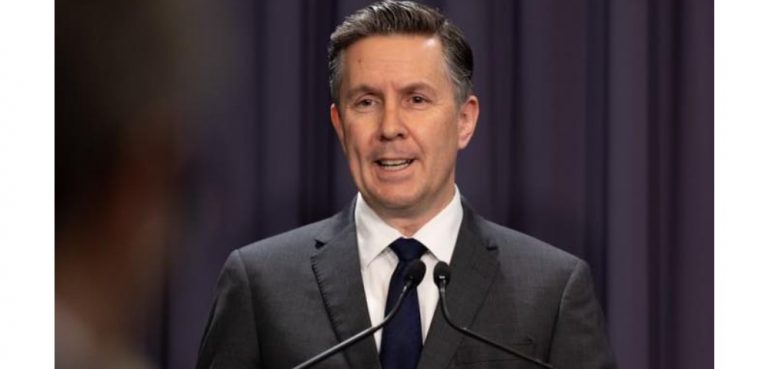


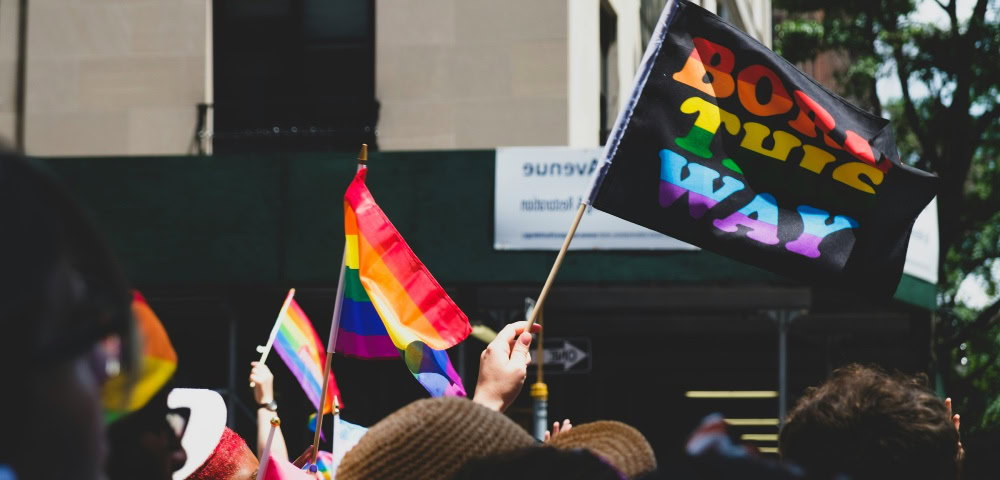
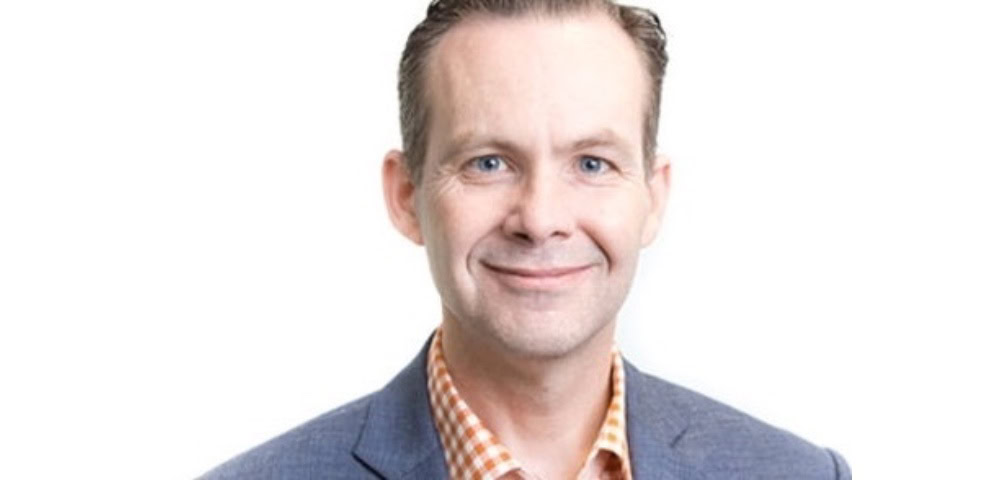
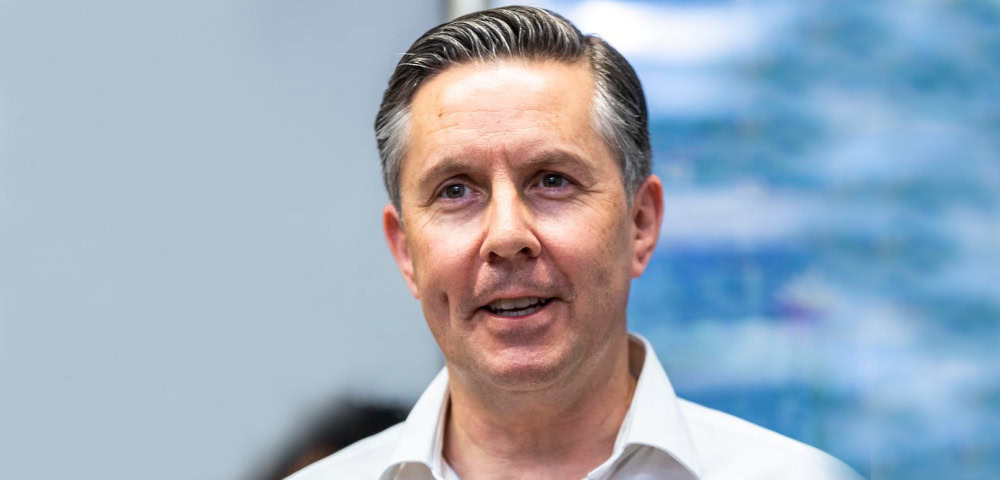

“The problem is that being suicidal without playing games is only saying good things about a person’s character,
Because there’s not a good word to say about anyone who’s never wanted the big black solution because they never could care less about real problems.
The numbers are problematic and have lead to skewed results. The sample size, while large seems to omit certain responses over certain questions. No response? Account for it.
Conflating Transgender or Non-binary status with Homosexuality (Men and Women), Bisexuality or Pansexuality is an issue. They are not the same and should be split for the purposes of this study. How many transgender men or women identify as gay men or lesbian women respectively? It causes an issue.
Is there a problem with mental health within our wide-ranging community? Of course. However, I don’t think this paper addresses it properly.